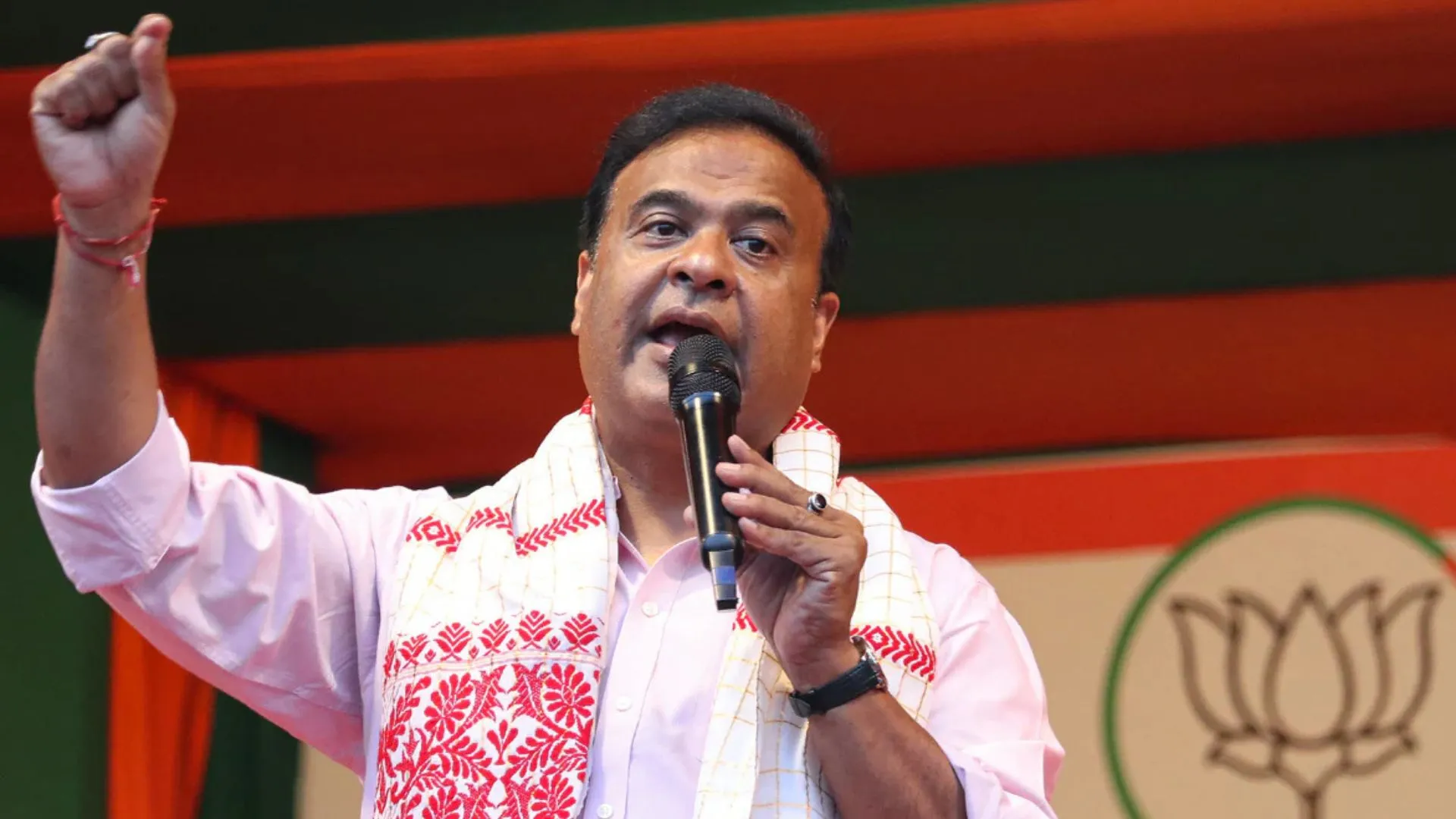The Assam government has announced a statewide ban on the serving and consumption of beef in restaurants, hotels, and public spaces. Chief Minister Himanta Biswa Sarma confirmed the decision, which marks an expansion of the existing beef consumption restrictions near temples. The move follows recent political controversies, including allegations from the Congress party accusing the BJP of using beef distribution to gain political advantage during recent bypolls.
Political Context and Controversy
The announcement has sparked a wave of political controversy, with opposition leaders questioning the motivations behind the timing of the decision. The Congress party, in particular, has accused the BJP of using the distribution of beef during the recent bypolls in the Samaguri constituency to garner support from Muslim voters.
Congress leaders, including senior politician Rakibul Hussain, have claimed that the BJP deliberately distributed beef in an attempt to influence the voting patterns in a constituency with a significant Muslim population. These allegations have ignited a political debate about whether the decision to impose the beef ban was genuinely rooted in public welfare or driven by a desire to gain political leverage.
In an effort to defend the ban and shift focus onto the issue of public welfare, Assam Minister Pijush Hazarika took to social media, retweeting the Chief Minister’s announcement and challenging the Congress party. He sarcastically remarked, “I challenge Assam Congress to welcome the beef ban or go and settle in Pakistan,” a statement which has added fuel to the already heated political discourse in the state.
The Role of Religion and Culture in Assam’s Policy Decisions
The decision to implement the beef ban highlights Assam’s complex socio-cultural and religious landscape. Assam, which has a diverse population comprising of Hindus, Muslims, Christians, and indigenous communities, has often been at the center of religious and cultural debates in India. The government’s move reflects the cultural significance of beef consumption, particularly in Hindu-majority regions where beef is considered a taboo.
In contrast, the state’s Muslim and Christian communities have a long history of consuming beef as part of their culinary traditions. The new ban could have significant implications for these communities, who may feel alienated by the restriction. The decision also raises broader questions about the balance between religious freedom and political governance, especially in a diverse and pluralistic society like Assam.
Chief Minister Himanta Biswa Sarma has framed the beef ban as a measure to protect the cultural and religious sensitivities of the majority population. However, critics argue that such policies could deepen divides and create unnecessary tensions between different communities in Assam.”
With the new ban, Assam continues to navigate the complex intersection of politics, religion, and cultural practices, as Chief Minister Sarma remains firm in his commitment to regulating beef consumption across the state. This policy shift is expected to spark further debate ahead of upcoming elections.




